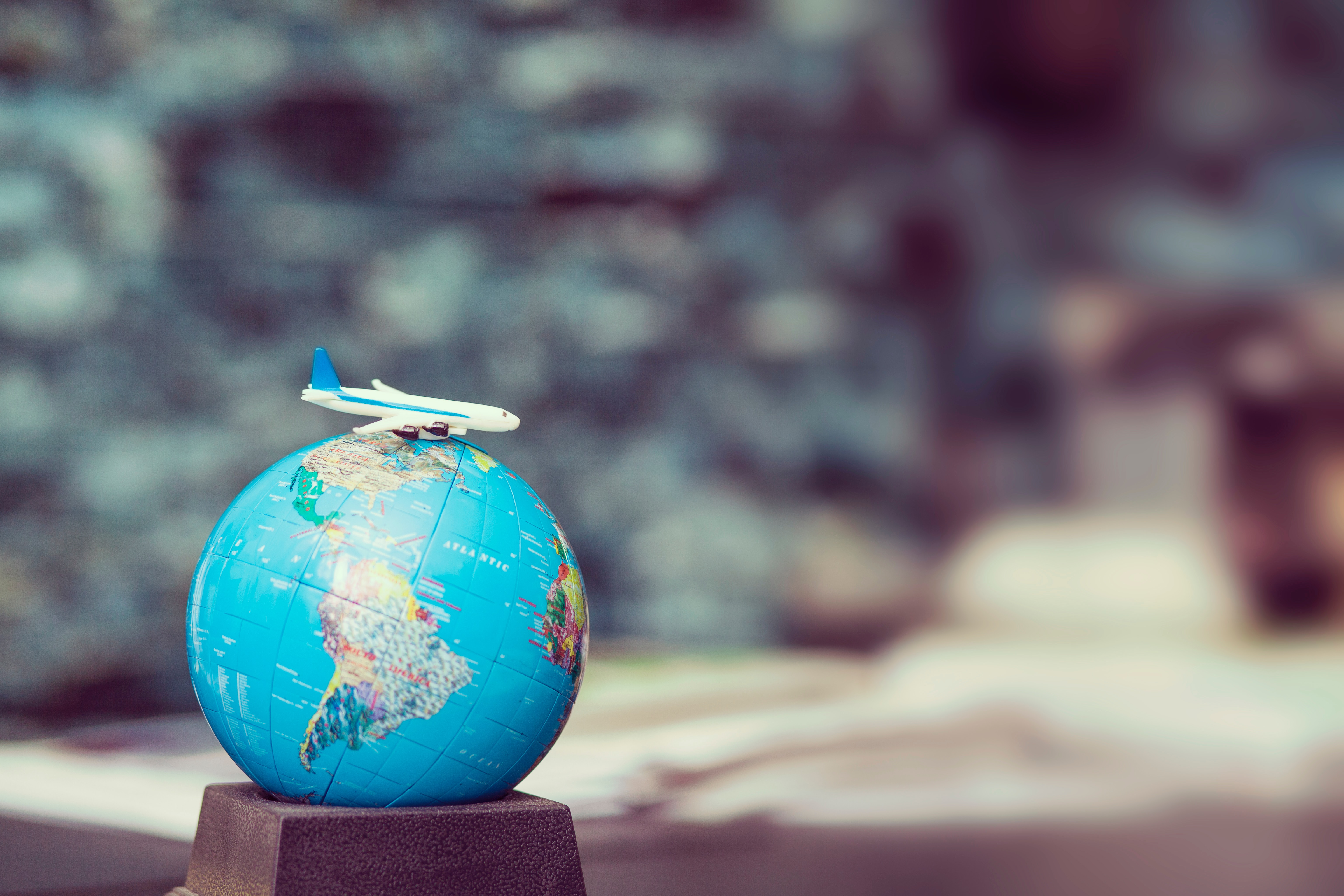Travelling has always been a significant part of my life. My wife and I travel all over the world, trying to see and experience as many destinations, landscapes, and cultures as possible. It’s transformative; travelers know firsthand that it is impossible not to have it influence every aspect of your life.
Even in business. As the CEO of a global telecommunications company, travelling is also a major part of my day-to-day responsibilities. We have hundreds of employees working across all seven continents, from America to Brazil to the Congo. As our team has grown (and continues to grow), I now spend between 30-40 percent of my time flying between Ireland and other countries around the world.
Constantly changing environments and working with employees and clients from diverse cultures demands a skillset that sets many leaders apart. It not only positively impacts the relationship you have with your employees and clients, it also gives you a competitive advantage in your industry. These are the biggest lessons in leadership I have learned from being an avid traveller:
Big risks lead to bigger rewards
When people travel, they typically plan activities they have never done before: rock climbing, scuba diving, spelunking, etc. That is why “travel bucket lists” exist. These activities are challenging and scary because they are outside of our comfort zones, but this is also what makes them exhilarating and addictive—hence why most people try each activity once.
Yet, even that one time can have a huge impact on your mindset. Think about it: when do you feel the most inward change? During moments of stagnancy, or when you push yourself outside of your comfort zone? Bold choices have big rewards, and, in business, that could mean the difference between a successful organisation or one that is dead in the water. If you do not challenge yourself, how are you supposed to challenge your team?
Taking risks also requires confidence. It demonstrates that you are comfortable tackling challenging situations head-on, with the possibility that the outcome may not be in your favour. Employees will notice this. Great leaders should be okay with the unpredictable, and travelling regularly gives you the wherewithal to prevail in the unknown.
Building a community
There are many different synonyms to call your team of employees, but ‘community’ is rarely one of them. Bad leaders view their employees as cogs in a machine, and good leaders know that good employees are essential to their success—but leaders who travel think of employees as their community.
My company’s growth is not just my success, it is only possible because of my dedicated team. When you think of your employees in this way, you treat them differently. Just like when you travel, you treat the communities you enter into with respect. When you respect your employees, you care more about their personal development and happiness because you know your company is only as good as your employees.
There is an African proverb that has always resonated with me: “If you want to go fast, travel alone. If you want to go far, travel together.” This is the mindset I take with me into the office every day, no matter what location I am at.
The importance of sticking to a schedule
Imagine travelling without an itinerary. While this is possible for some people, most others need a schedule of times and events to make sure they do not miss out on anything they had planned. I have always been a stickler for organisation and, since I travel so much, I do not leave my house without a diary, which is where I prioritise all my tasks and goals.
Many people believe you have more time to work when you travel, but this is far from the truth. Travelling can be quite a time suck, so you must learn to work quickly and effectively in shorter periods of time. After numerous business trips, I have actually learned how to be more productive when I am away from the office. It is about managing your time well and working on what needs done first.
These lessons, among others, have altered my perspective on leadership and my ability to be a leader in ways that you cannot learn from a class or a book. Perhaps the best part about travelling is that everyone will pick up different skills along the way. I hope these lessons are insightful no matter what industry you are in, but I also hope you have the opportunity to travel and evolve yourself as a leader through your own experiences.


